 "ttyymmnn" (ttyymmnn)
"ttyymmnn" (ttyymmnn)
10/15/2020 at 15:29 • Filed to: None
 0
0
 30
30
 "ttyymmnn" (ttyymmnn)
"ttyymmnn" (ttyymmnn)
10/15/2020 at 15:29 • Filed to: None |  0 0
|  30 30 |

While writing an aviation post, I wondered if there was a difference between the plural spelling of “plus.” This helpful !!!error: Indecipherable SUB-paragraph formatting!!! cleared it all up for me.
 For Sweden
> ttyymmnn
For Sweden
> ttyymmnn
10/15/2020 at 15:33 |
|
Ban English tbh
 ttyymmnn
> For Sweden
ttyymmnn
> For Sweden
10/15/2020 at 15:33 |
|
It really is a stupid language.
 CarsofFortLangley - Oppo Forever
> ttyymmnn
CarsofFortLangley - Oppo Forever
> ttyymmnn
10/15/2020 at 15:34 |
|
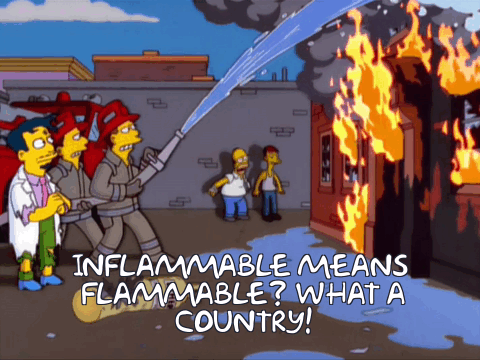
 facw
> ttyymmnn
facw
> ttyymmnn
10/15/2020 at 15:35 |
|
That’s what makes it great! It’s so stupid and irregular that any dumb mistakes you make really won’t matter.
 SBA Thanks You For All The Fish
> ttyymmnn
SBA Thanks You For All The Fish
> ttyymmnn
10/15/2020 at 15:38 |
|
What’s the adjective form for my running sore on my arm oozing pus?
 SBA Thanks You For All The Fish
> ttyymmnn
SBA Thanks You For All The Fish
> ttyymmnn
10/15/2020 at 15:39 |
|
it’s beautiful for driving the speakers of well-architected languages insane, however...
 RamblinRover Luxury-Yacht
> ttyymmnn
RamblinRover Luxury-Yacht
> ttyymmnn
10/15/2020 at 15:39 |
|
By the space after “is”, I can only assume there is some special character-work supposed to be going on there that got eaten.
 davesaddiction @ opposite-lock.com
> ttyymmnn
davesaddiction @ opposite-lock.com
> ttyymmnn
10/15/2020 at 15:41 |
|
I’m nonplussed.
 lone_liberal
> ttyymmnn
lone_liberal
> ttyymmnn
10/15/2020 at 15:42 |
|
That’s what happens when you take French, German and Latin and shake them all together with some odd Norse and Celtic thrown in. You get a mess.
 PyroHoltz f@h Oppo 261120
> ttyymmnn
PyroHoltz f@h Oppo 261120
> ttyymmnn
10/15/2020 at 15:43 |
|
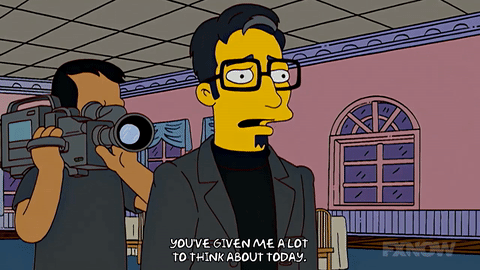
 DC3 LS, Fuck Hyundai, now and forever
> For Sweden
DC3 LS, Fuck Hyundai, now and forever
> For Sweden
10/15/2020 at 15:45 |
|
Oi m8 yo’ gou t a loiscence f’r tha’ ‘ pinion?
 ttyymmnn
> facw
ttyymmnn
> facw
10/15/2020 at 16:02 |
|
Probably why school teachers don’t bother correcting spelling any more.
 fhrblig
> ttyymmnn
fhrblig
> ttyymmnn
10/15/2020 at 16:07 |
|
Also in English:
‘Buses’ is the plural for ‘bus’. ‘Busses’ is plural for ‘buss’, or ‘a kiss’.
 ClassicDatsunDebate
> For Sweden
ClassicDatsunDebate
> For Sweden
10/15/2020 at 16:09 |
|
50/50 chance this will happen in 2 generations anyway
 ttyymmnn
> SBA Thanks You For All The Fish
ttyymmnn
> SBA Thanks You For All The Fish
10/15/2020 at 16:12 |
|
“What is pustulant?”
 ttyymmnn
> davesaddiction @ opposite-lock.com
ttyymmnn
> davesaddiction @ opposite-lock.com
10/15/2020 at 16:13 |
|
I am disgruntled. Is there some way I can be regruntled?
 ttyymmnn
> lone_liberal
ttyymmnn
> lone_liberal
10/15/2020 at 16:14 |
|
The head music librarian at UT, who was on my doctoral committee, was fond of complaining about how useless the letter C is in English. “We’ve got S, we’ve got K, why do we need C?”
 davesaddiction @ opposite-lock.com
> ttyymmnn
davesaddiction @ opposite-lock.com
> ttyymmnn
10/15/2020 at 16:17 |
|
Or returbed, perhaps?
 ttyymmnn
> fhrblig
ttyymmnn
> fhrblig
10/15/2020 at 16:18 |
|
One of my favorites. People get this wrong all the time.
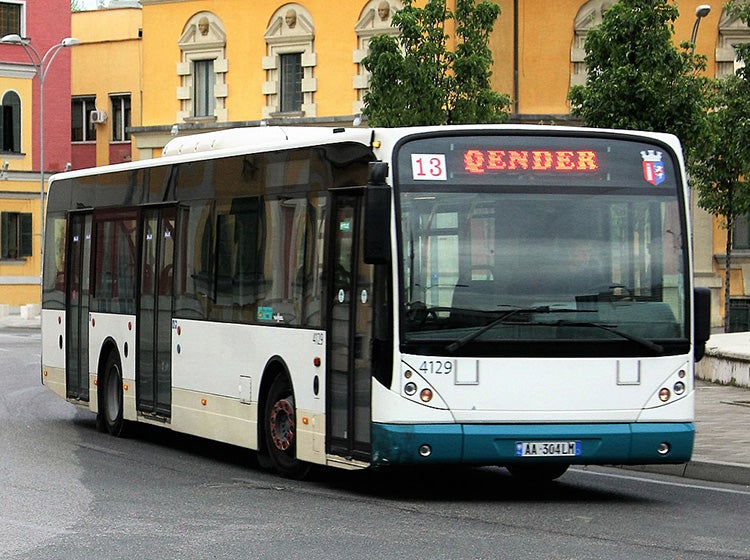
Bus
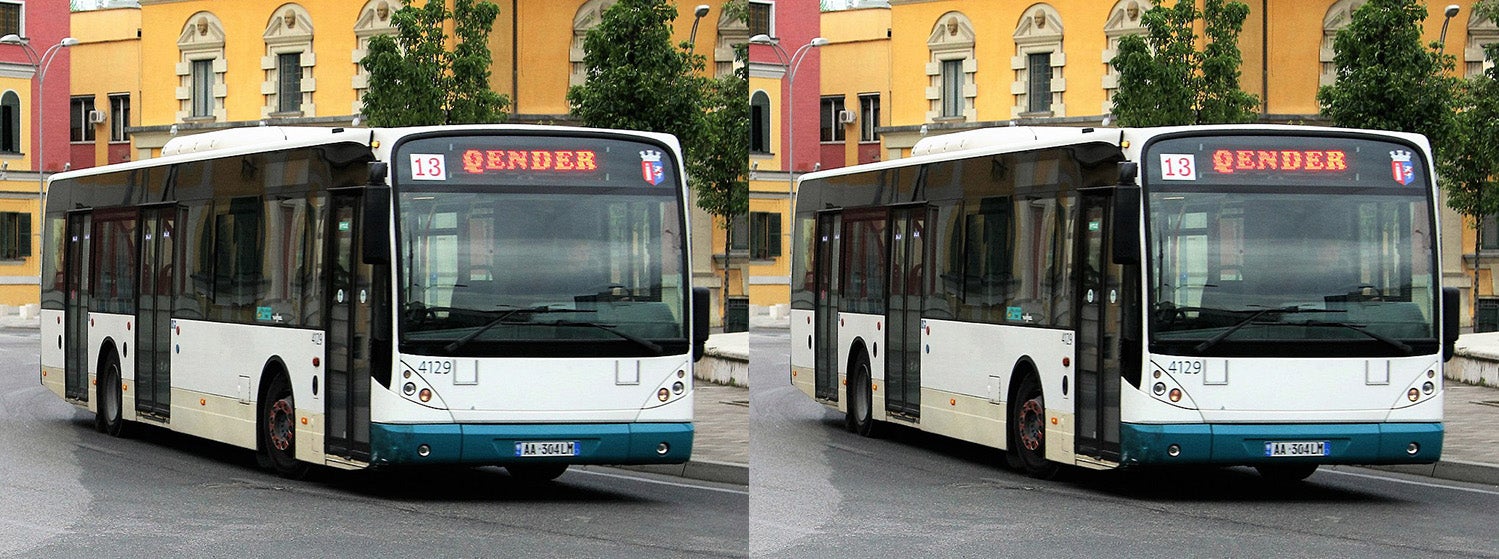
Buses
 ttyymmnn
> davesaddiction @ opposite-lock.com
ttyymmnn
> davesaddiction @ opposite-lock.com
10/15/2020 at 16:20 |
|
Perhaps. I just want to be gruntled.
Also, if we redouble our efforts, are we now quadrupling our original efforts?
 ZHP Sparky, the 5th
> ttyymmnn
ZHP Sparky, the 5th
> ttyymmnn
10/15/2020 at 16:22 |
|
We should just drop the “dis” from that word...”gruntle” really isn’t a word that sounds like it has a positive connotation.
 davesaddiction @ opposite-lock.com
> ttyymmnn
davesaddiction @ opposite-lock.com
> ttyymmnn
10/15/2020 at 16:22 |
|
beepboopbeepboopboopbeep
Yeah, that checks out.
 ttyymmnn
> ZHP Sparky, the 5th
ttyymmnn
> ZHP Sparky, the 5th
10/15/2020 at 16:28 |
|
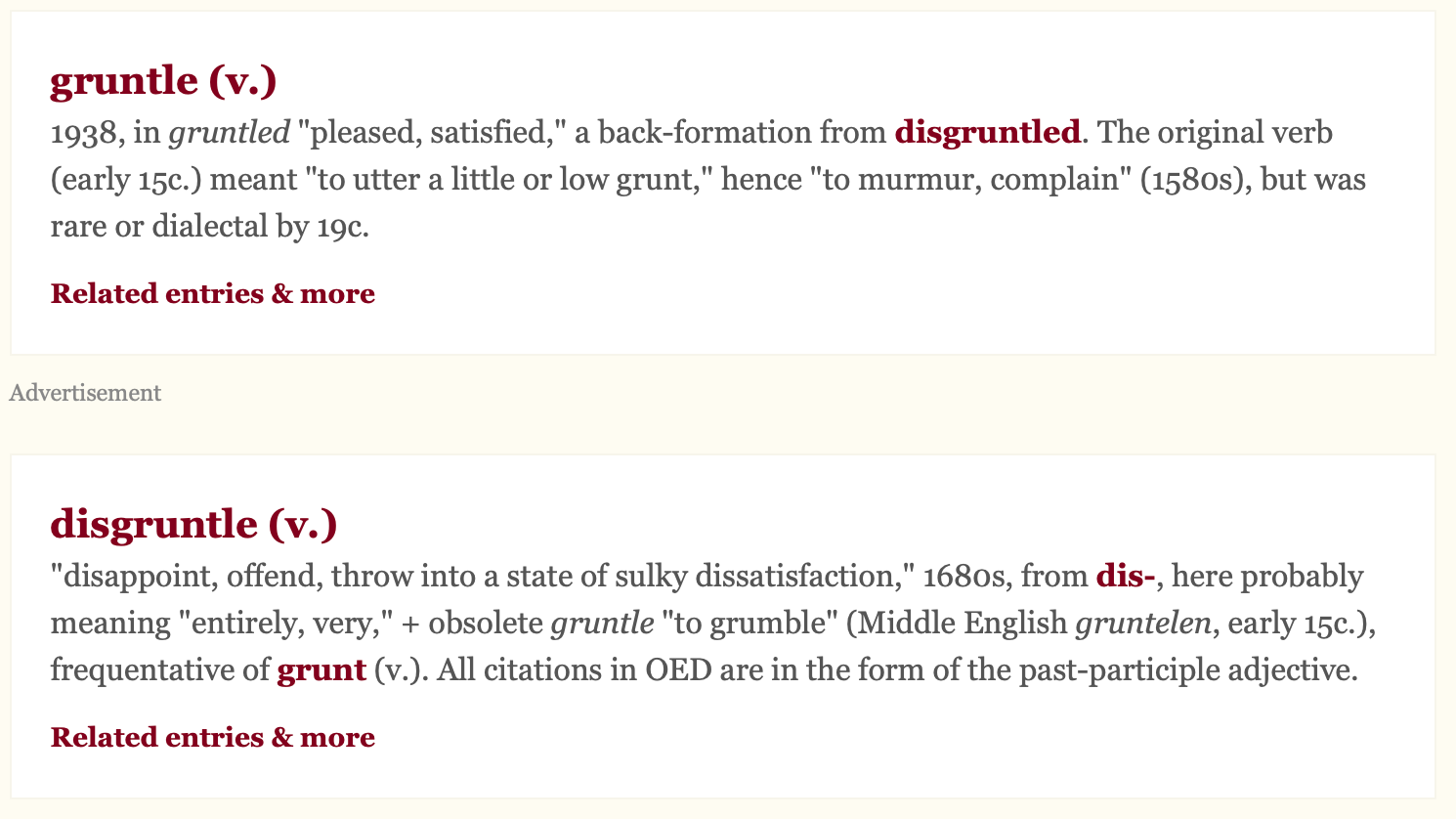
The verb disgruntle , which has been around since 1682, means “to make ill-humored or discontented.” The prefix dis - often means “to do the opposite of,” so people might naturally assume that if there is a disgruntle , there must have first been a gruntle with exactly the opposite meaning. But dis - doesn’t always work that way; in some rare cases it functions instead as an intensifier. Disgruntle developed from this intensifying sense of dis - plus gruntle , an old word (now used only in British dialect) meaning “to grumble.” In the 1920s, a writer humorously used gruntle to mean “to make happy”—in other words, as an antonym of disgruntle . The use caught on. At first gruntle was used only in humorous ways, but people eventually began to use it seriously as well. ( Webster’s )
 ZHP Sparky, the 5th
> ttyymmnn
ZHP Sparky, the 5th
> ttyymmnn
10/15/2020 at 16:29 |
|
Haha wow, that’s what I get for googling “gruntle” and realizing that supposedly it’s a real word without knowing the back story. DisCrazy!
 Chariotoflove
> ttyymmnn
Chariotoflove
> ttyymmnn
10/15/2020 at 16:41 |
|
 Nick Has an Exocet
> ZHP Sparky, the 5th
Nick Has an Exocet
> ZHP Sparky, the 5th
10/15/2020 at 21:42 |
|
I love using old timey words. I will now be using gruntled in regular conversation.
 haveacarortwoorthree2
> ttyymmnn
haveacarortwoorthree2
> ttyymmnn
10/16/2020 at 08:12 |
|
Asked my wife to gruntle me once. NEVER AGAIN!
 haveacarortwoorthree2
> RamblinRover Luxury-Yacht
haveacarortwoorthree2
> RamblinRover Luxury-Yacht
10/16/2020 at 08:15 |
|
Unfortunately not. The author accepted that position following his unsuccessful career in tv.
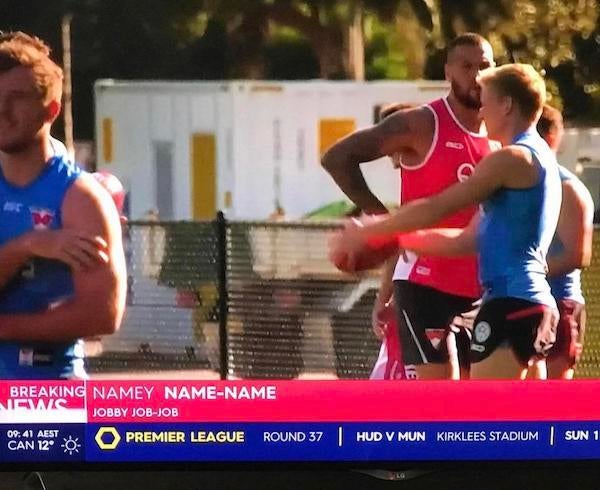
 ttyymmnn
> haveacarortwoorthree2
ttyymmnn
> haveacarortwoorthree2
10/16/2020 at 09:43 |
|
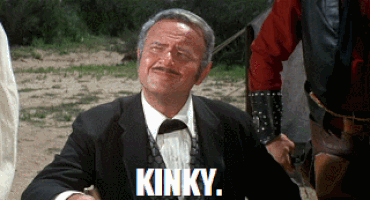
 ZHP Sparky, the 5th
> Nick Has an Exocet
ZHP Sparky, the 5th
> Nick Has an Exocet
10/16/2020 at 11:57 |
|
This news gruntles me to no end!